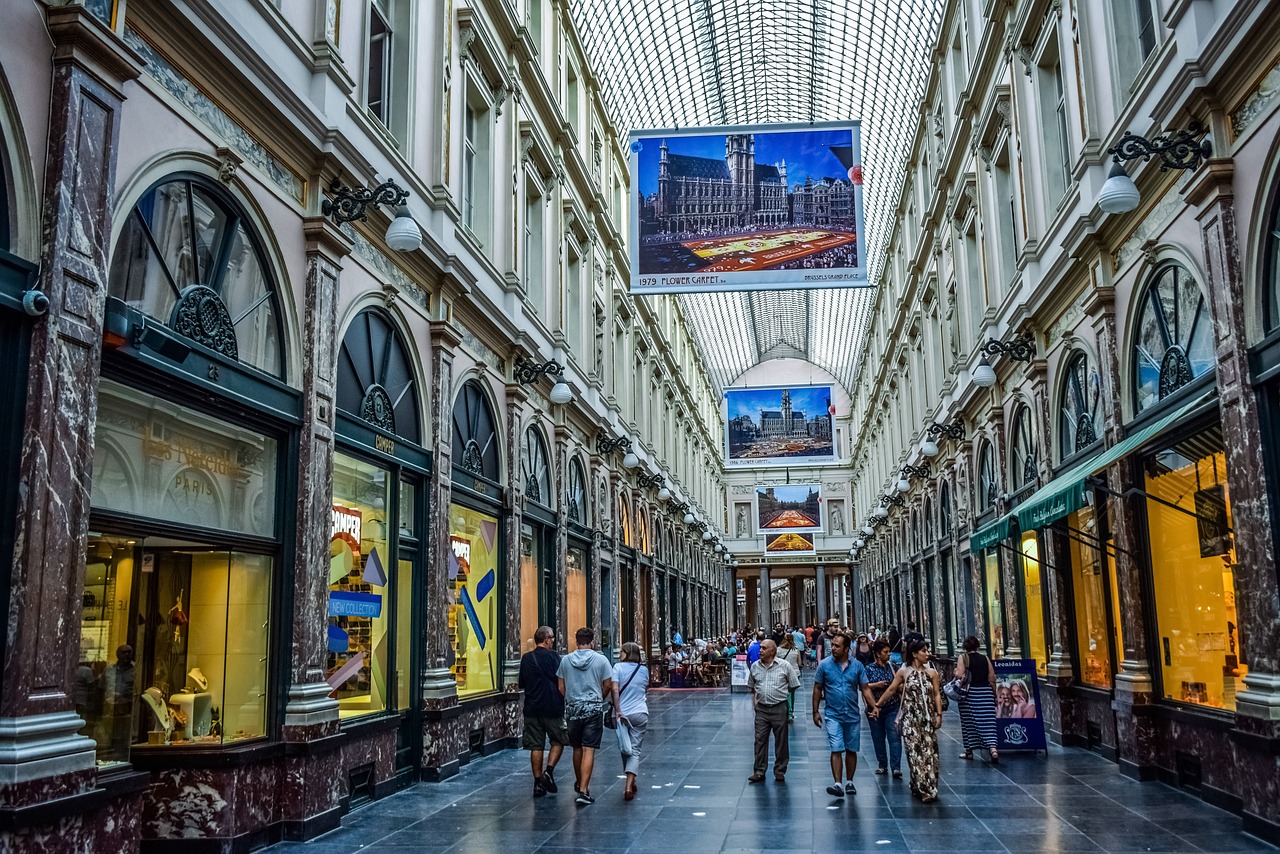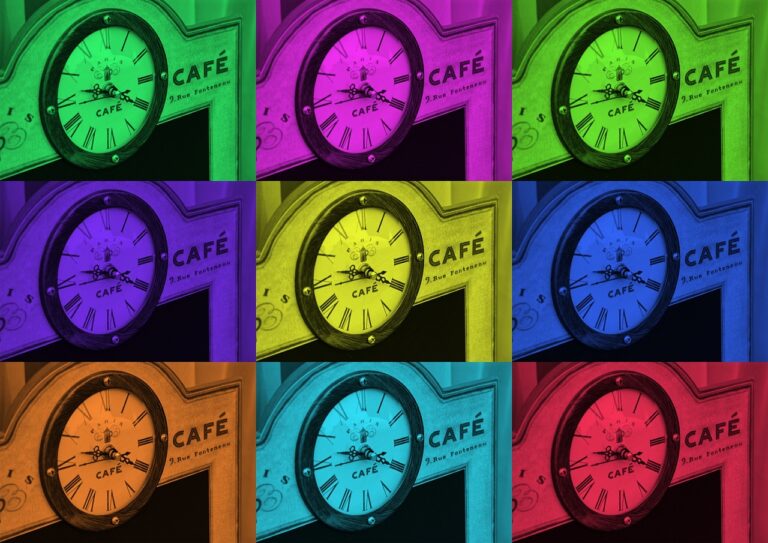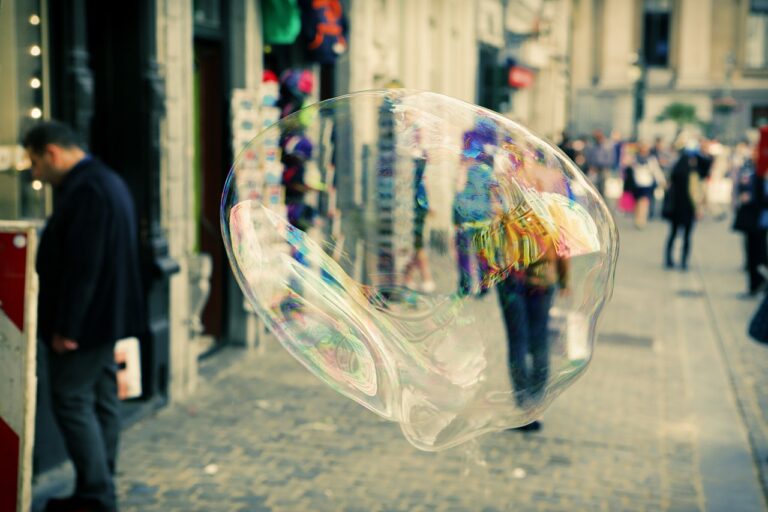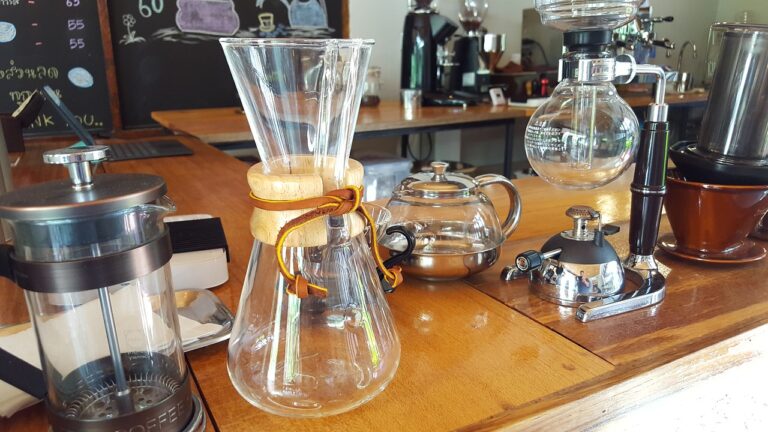The Psychology of Shopping: Understanding Impulse Buys
Impulse buying behavior is often influenced by various factors that can prompt consumers to make spontaneous purchases. The first factor is the element of novelty or uniqueness of a product. When a product stands out as innovative or exclusive, consumers may feel a strong urge to buy it on the spot, driven by the desire to own something that is perceived as special. Additionally, the perceived scarcity of a product can also significantly impact impulse buying. Limited availability or time-sensitive offers can create a sense of urgency in consumers, leading them to make impulsive decisions to avoid missing out on the opportunity.
Another key factor that influences impulse buying behavior is the influence of social factors. People often make impulse purchases in response to social influences, such as peer pressure or the desire to fit in with a certain group. Social media platforms and celebrity endorsements can also play a significant role in driving impulse purchases, as consumers feel compelled to emulate the lifestyle or choices of influencers they admire. Moreover, emotional triggers, such as excitement, stress, or boredom, can greatly impact impulse buying behavior by influencing consumers’ decision-making processes in the moment.
The role of emotions in driving impulse purchases
Emotions play a significant role in influencing impulse purchases. When a consumer is feeling excited or happy, they are more likely to make impulsive buying decisions. These emotions can lead to a sense of urgency and pleasure in acquiring a product, often overshadowing rational thoughts or considerations.
On the other hand, feelings of stress or anxiety can also drive impulse purchases. In an attempt to alleviate negative emotions, individuals may engage in retail therapy by making impulse buys. This coping mechanism can provide a temporary sense of relief or comfort, but may also lead to regret or guilt after the emotional high dissipates.
What are some factors that influence impulse buying behavior?
Some factors that influence impulse buying behavior include emotions, situational factors, social influences, and individual characteristics.
How do emotions play a role in driving impulse purchases?
Emotions play a significant role in driving impulse purchases by creating a sense of urgency or excitement that can lead to spontaneous buying decisions.
Can emotions be manipulated by marketers to encourage impulse buying?
Yes, marketers often use emotional appeals in advertising and promotions to influence consumer emotions and encourage impulse purchases.
Are there any strategies consumers can use to resist impulse buying driven by emotions?
Yes, consumers can use strategies such as creating a shopping list, setting a budget, and practicing mindfulness to resist impulse buying driven by emotions.
What are some common emotions that can lead to impulse purchases?
Common emotions that can lead to impulse purchases include excitement, happiness, stress, and fear of missing out (FOMO).







